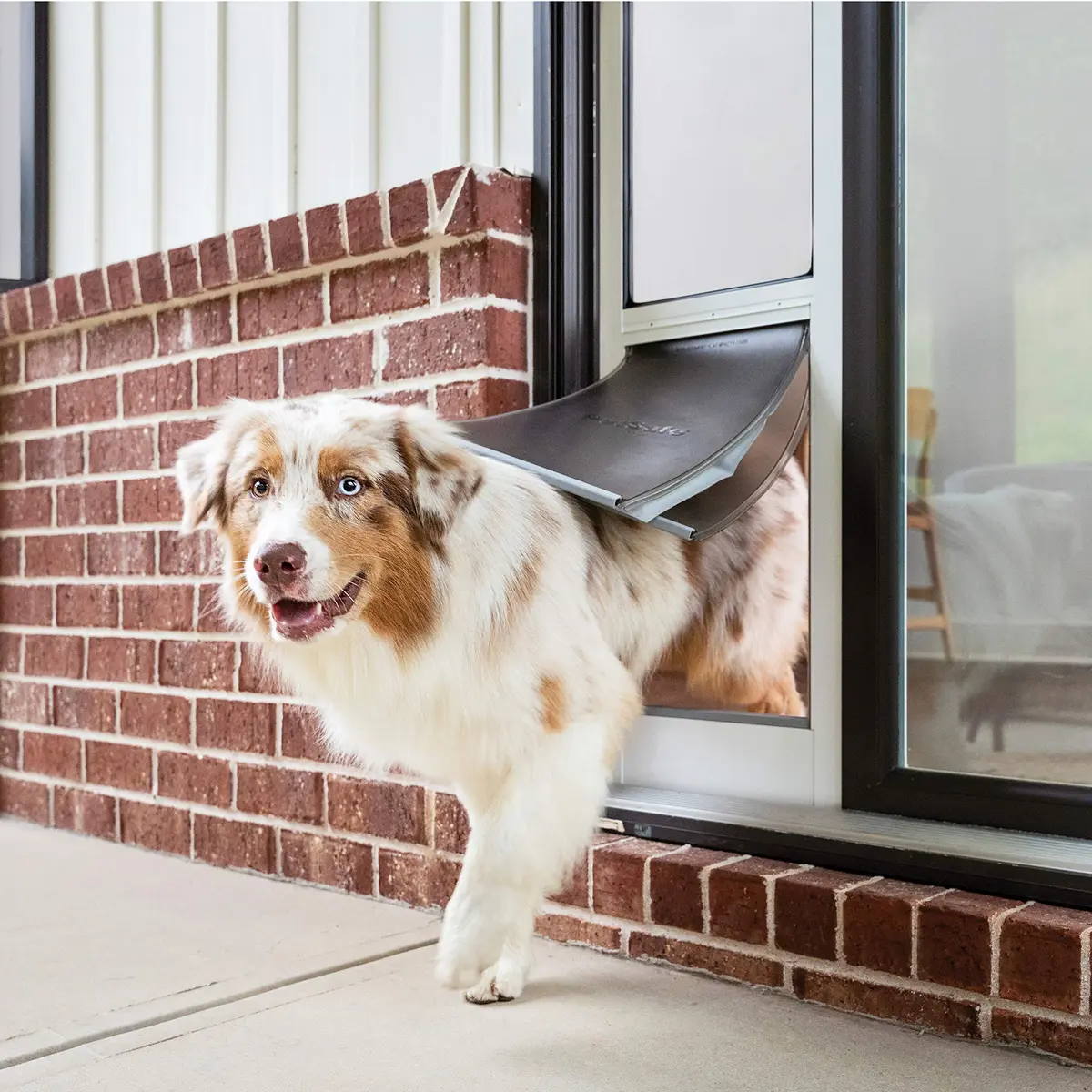If your dog won’t stop barking, you’re not alone. Barking is a natural form of communication for dogs—whether they’re alerting you to a potential threat, excited to see you, or just trying to tell you that they’re bored. But when barking becomes excessive, it can be a serious problem, not just for you but also for your neighbors. Fortunately, there are ways to address and curb this behavior.
In this article, we’ll explore why dogs bark excessively, what you should avoid doing, and provide practical tips to get your dog’s barking under control. Plus, we’ll discuss some anti-anxiety supplements that might help. Let’s dive into this barking dilemma and turn down the noise!
Why Does My Dog Bark So Much?
Before jumping to solutions, it’s crucial to understand why your dog won’t stop barking. Here are some common reasons for excessive barking:
- Alerting or Guarding Behavior: Dogs bark to alert you to something unusual, like a stranger at the door. This is normal but can get out of hand if your dog barks at every passerby.
- Fear or Anxiety: Some dogs bark when they feel scared or anxious. This can be triggered by loud noises, new environments, or even separation from their owner.
- Boredom: Dogs, especially high-energy breeds, need plenty of mental and physical stimulation. When they get bored, they may bark to release pent-up energy.
- Attention-Seeking: Some dogs bark because they’ve learned it gets them attention, even if it’s negative. For instance, if you yell at your dog to stop barking, they may think, “Hey, I’m getting attention!”
- Environmental Triggers: Barking in response to external stimuli, like other dogs, sirens, or even noisy neighbors, is common. Some dogs are more sensitive to their environment than others.
Common Mistakes That Can Make Barking Worse
Now that you know the reasons behind excessive barking, let’s discuss what not to do:
- Don’t Yell at Your Dog: Yelling may seem like a natural reaction to get your dog to stop, but it can actually backfire. Your dog may interpret this as attention and bark even more.
- Avoid Shock Collars: These devices may stop barking temporarily, but they can cause pain and anxiety, which may lead to even more behavioral problems like aggression.
- Don’t Reward Barking: If your dog barks and you give them attention (like saying “good dog” after they calm down), they may think barking was the right way to get your attention. Instead, reward quiet behavior.
The Solution: Basic Dog Training to Stop Excessive Barking
The most effective long-term solution to excessive barking is going back to basics with training. Here’s a step-by-step guide:

Step 1: Teach Your Dog to Come When Called
This simple command can be a lifesaver when it comes to barking. If your dog is barking at something outside, calling them to you can break the barking cycle.
- Start Indoors: Begin in a quiet space where there are few distractions. Call your dog’s name followed by “come” in a happy, upbeat tone.
- Reward Them: When your dog comes, immediately reward them with praise and a treat. Make sure the reward is something they really like, so they associate coming when called with something positive.
- Practice: Repeat this process multiple times a day. As your dog gets better, try it outside or in more distracting environments.
Step 2: Manage Your Dog’s Environment
If your dog tends to bark at people or animals outside, limiting their access to these triggers can reduce barking.
- Close the Curtains: If your dog barks at people walking by, simply closing the curtains or keeping them away from windows can help.
- Keep Them Indoors: When you’re not home, leaving your dog outside can expose them to triggers that will set them off. Keeping them indoors may reduce unnecessary barking.
Step 3: Provide Adequate Exercise
Bored dogs are often barking dogs. Regular exercise is essential for your dog’s overall well-being and can reduce excessive barking caused by pent-up energy.
- Daily Walks: Aim for at least two 30-minute walks per day. These walks not only provide physical exercise but also offer mental stimulation, especially if you let your dog explore new environments.
- Fetch or Tug: Engage your dog in games like fetch or tug-of-war. These high-energy activities can tire them out quickly and reduce boredom-induced barking.
Anti-Anxiety Solutions for Barking
Some dogs bark because they are anxious or fearful. In these cases, anti-anxiety supplements may help.

- Herbal Remedies: Supplements containing calming herbs like chamomile, valerian root, or melatonin can help soothe anxious dogs. You can find these in various products, including chews, tablets, and sprays.
- Bach Rescue Remedy: This popular natural remedy is made from flower essences and is known for its calming effects. It’s available in liquid form, making it easy to administer to dogs.
- CBD Oil: Cannabidiol (CBD) has become a popular natural treatment for anxiety in dogs. It can help reduce nervousness, especially during stressful situations like thunderstorms or vet visits.
Tellington TTouch Technique: A Calming Method
The Tellington TTouch technique is a type of therapeutic touch designed to reduce stress and anxiety in animals. It involves making gentle, circular motions on your dog’s body, particularly around the ears. Here’s how you can do it:
- Start at the Ears: Use your thumb and forefinger to gently stroke from the base of the ear to the tip. This can help calm your dog and reduce barking, especially if they are anxious.
- Circular Motions: Another technique involves making small, circular motions with your fingers around your dog’s neck and shoulders. This can help soothe them when they’re feeling overwhelmed.
Final Tips for Success
- Be Consistent: Whatever method you use, consistency is key. If you let your dog bark sometimes but not others, they’ll get confused. Make sure everyone in your household follows the same rules.
- Patience is a Virtue: Training takes time, especially when it comes to breaking a bad habit like excessive barking. Stay patient and don’t give up!
- Consult a Professional: If your dog’s barking is out of control and none of the methods above seem to work, it might be time to consult a professional dog trainer or behaviorist.
Love tips like these? Want more expert advice on taming your barking buddy? Sign up for our newsletter! You’ll get exclusive content, helpful guides, and yes, even some funny dog stories straight to your inbox. (No barking required!) 😄



